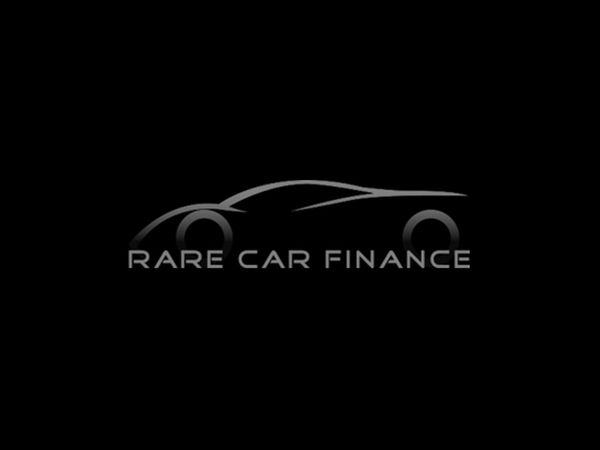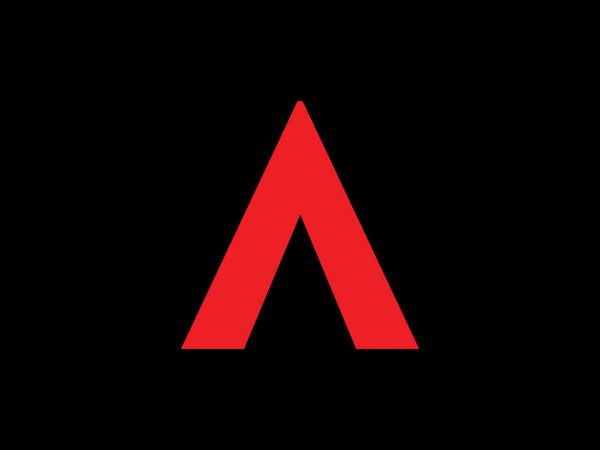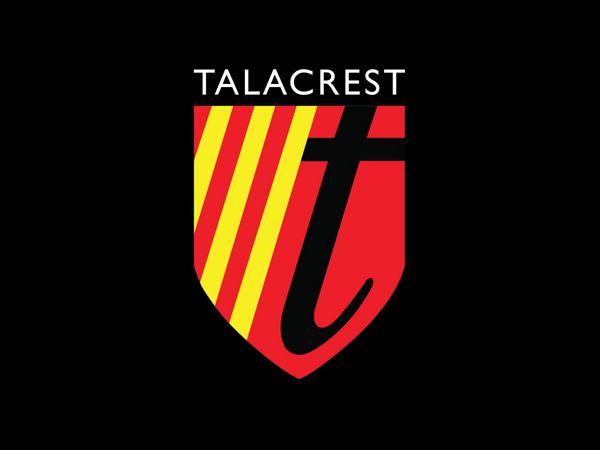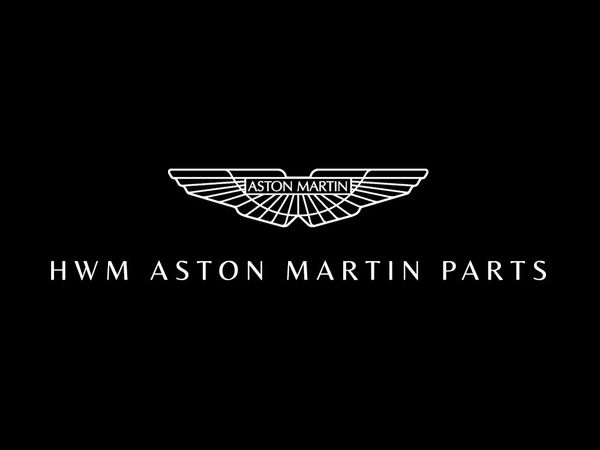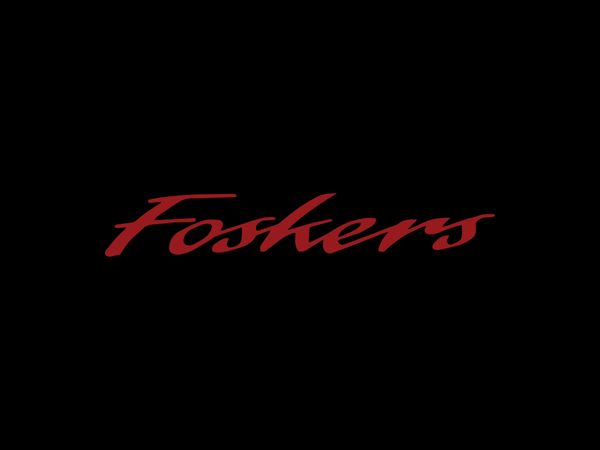With:
TEAM REPRESENTATIVES – Mattia BINOTTO (Ferrari), Luca FURBATTO (Manor), Aldo COSTA (Mercedes), Franz TOST (Toro Rosso), Paul HEMBERY (Pirelli), Guenther Steiner (Haas)
Mattia, if we could start with you: Ferrari are using the final development tokens on the engine this weekend, what are you hoping it's going to bring?
Mattia BINOTTO: It will be difficult to judge and I think we will discover it tomorrow in qualifying. No doubt that we are continuously developing and by developing the power unit for the regulations we are spending tokens. The fact we are spending our last means that somehow we spent whatever was possible this season, which means a continuous development, higher rate possibly. I think it’s really too early to see what will be the benefit. We know what’s the value; let’s see what the others have done. I know Mercedes spent five tokens in Belgium so no doubt they will have an advantage tomorrow as well.
How have you settled into your new role, where you do you think the team has fallen behind and how are you addressing it?
MB: I know Ferrari since many years – more than 20 years in Ferrari. Ferrari is a great team, huge resources, a number of very highly talented people and I’m sure we’ve got all the resources to do well. No doubt that in order to win we need to improve furthermore. We need to push, to work hard, but we can make it.
OK, thank you. Coming to you Aldo: obviously Lewis has his stock of engines for the remainder of the season, but there are six tokens left to spend for Mercedes, so will Nico Rosberg get a revised engine at some point that is perhaps more advanced than Hamilton’s in his race pool, and how will you manage that if it happens?
Also COSTA: Yeah, we are evaluating further development. We are not yet finally decided on what to do, but we are working hard to find new items to develop for this year, an engine that is anyway a very good base for also next year’s championship.
You’ve been very successful to say the least in these last three seasons. We now have new technical regulations for next year. Historically, that tends to lead to a change at the front – it did for you in 2014. So, for 2017, is it harder or easier for Mercedes to remain the team to beat?
AC: Of course, as you said, the regulation change will be pretty vast, on a lot of car aspects. We know we have in front of us this big, big challenge. We would love to be the team that breaking exactly the rule you said, that with the new rule there are new leaders. We would like really to break this rule, but it is tough, yeah.
Thank you. Luca, coming to you. Obviously Manor has surprised a few people this season with good performances, in Austria and in qualifying in Spa in particular. How much further can you go with the resources you’ve got?
Luca FURBATTO: Obviously we’ve got a development here, just to suit the characteristics of the circuit – low drag – but we are still pushing with the development of the 2016 car. We’re going to have new parts in Singapore, a small package, little bits and pieces, mainly a) to try new part for 2017 and also to continue to push performance into the car and we are committed to obviously maintain our position in the championship and perhaps to even give a bit of a crack to Renault which is not far away.
How is Esteban Ocon settling into the team and is the objective to retain both of these two young drivers for next season if you can?
LF: Esteban did an incredibly good job in Spa, he jumped in the car and within two or three runs he was actually very, very competitive on the pace. His qualifying pace perhaps was a little bit compromised by the lack of running on supersoft on that car, which he obviously didn’t know. About the future I think it’s a bit too early to say. We certainly have got to two high-charging drivers, which is good for the team and good for the sport.
Paul, you’ve been running development tyres recently. What are you working on there and are there upcoming races in this championship that are specifically the focus of that work ?
Paul HEMBERY: It was really in view of next season, in reality. The main work of course is the work we’re doing next week in Barcelona and Paul Ricard, with Ferrari and Mercedes. That’s our next outing on the slick tyres. So the focus is very much there. A lot of work for us to do of course and a very challenging time scale to deliver what we need to deliver.
The tyre pressures are quite elevated by historic standards, it’s an open secret. Most of the drivers have commented negatively on this. So what does the future look like? Is it an objective for you to be able to lower the pressures again and what will it take?
PH: It’s all related to load. The tyre we have today we’ve had one test day in three years, so we’re only really limited to what we have to play with and that’s pressures. We’ve got 100kg load on each front wheel here compared to last year, 80 I think on the rear. With this year’s tyres not much choice. Going forward of course, we have a much larger tyres, so that gives you much more to work with and changes we can make structurally to bring the pressures down. But again, it will all depend on the loads. If the loads we’ve seen in simulation are exceeded or under then that will also play a part in either reducing pressures or increasing them. But at the moment, from initial testing, we will be seeing pressures more in line with what we’ve had in the past. It’s all about the footprint ultimately and that’s a function of vertical load.
Guenther, turning to you, Esteban said here in the press conference yesterday that he has found consistency. He still hasn’t scored a point yet, but how do you assess his season?
Guenther STEINER: I think it was a little bit of a rocky start for him and not only down to him. When we had an issue with the car it normally was with his car. He had the accident in Australia with Alonso running into him. There seems very few times he had an ‘eventless’, if you can say, race weekend. I think he has developed and matured. Having been in F1 and then out of it for a year, I would say that makes it more difficult than coming in new, because he had been with Ferrari as their reserve or development driver, so he has seen a lot of stuff and then he comes in and has to race again. Also, the competition against Romain, which is not a bad driver, he’s good, and trying to do better than him is quite difficult, so maybe he put himself under a little bit too much pressure in the beginning, but all in all I think he’s doing a good job in the moment.
Historically the second season for a new team is always a challenge because you have to progress the package for next year at the same time as learning how to operate in a new sport. How are you managing to avoid making the mistakes that this situation throws at you?
GS: I’ve done it in my career, in rallying, the second season was a very difficult one and knowing or I hope I know what went wrong. We tried to avoid that in that we didn’t bring a lot of development this year. We don’t panic to every issue or want to go better this year but we started focusing pretty early on 2017 and trying to recruit people early on for next year to build up our team and I think with this we can hopefully avoid going down the second year, because everybody had that. It will be difficult to avoid that completely but we try to make it as little as possible, the dip. So, let’s see. Only next year will tell.
Q: Coming to you Franz, you got Daniil Kvyat back in May and by his own admission he’s struggled since then. What plans do you have for him for the rest of this season and beyond?
Franz TOST: First of all, as you can imagine, it was quite difficult for him because in China he was on the third place and then two weeks later he was out of the car and it was really a difficult time but he recovers and, unfortunately, he has also some problems with the car in Monaco, for example, when we had the software issue, or later in Baku when we had this damper problem. I would say if we provide him with a good, competitive car he will come back to his original performance, and I hope that this will be the case from Singapore onwards as, in Spa and in Monza, we knew from the beginning onwards we will struggle because of the track layout but I expect some good races and a good performance from Daniil’s side in the second half of the season.
Q: The problems with running a year-old engine are now obvious. For next year you can start a fresh programme around the Renault. What kind of performance boost do your simulations suggest that’s going to give you?
FT: It’s a big performance boost but Renault is testing the engine on the dyno, it’s a complete new power unit and we must wait when the power unit is then in the car and to compare it also with the others. I expect that we’ll make a big step forwards.
QUESTIONS FROM THE FLOOR
Q: (Flavio Vanetti – Corriere della Sera) A couple of questions for Mattia Binotto. First one, you see the situation of a team under a different perspective now. Is Ferrari missing anything in particular by your opinion or not? Second question: what about the 2017 car? Are you in charge to do something, to change something of the project that is already started?
MB: Starting from the first question, as I said before, there is a lot of quality in Ferrari and talented people. I’m sure that we’ve got all what we need to do a good job and really to battle for the championship, so no, I do not foresee any real necessity at the moment to do something different compared to what we’ve got. On the project of 2017, clearly it is well-advanced. I think that finally, there are again here… it is a continuous development and we need to especially make sure that we are progressing well on the development and there is nothing different that we need to do, rather than doing better compared to what we’ve done so far. It’s really a matter of progressing, progressing fast and make it right.
Q: (Peter Farkas – Auto Motor) This is for Mattia and Aldo but also for the team representatives. Is it fair to say that the difference between the different engine manufacturers’ performance has really come down now? And how big a factor are the engines now, at a track like Monza.
AC: We have seen the situation was converging in this last three years and yeah, we see a lot of activity also from the competitors and we think they are closer and closer and yeah, we are in a situation where the difference between powertrains is effectively less and less. We think it will still carry on because the formula is a fixed formula and it is inevitable it will have this situation, so yeah, we are going in the correct direction.
Mattia?
MB: I think Aldo is right. Performance-wise, manufacturers are converging. I think that when you’re at a certain stage of convergence it becomes even difficult to split the affect from powertrain to chassis and aero. I think that it means so far, at the moment, we are really close and the difference is not any more as it was in the past. In Monza how much it may do, to answer your question, in Monza the horsepower difference is the equivalent of three-tenths per lap. Maybe that can still the difference between various manufacturers.
Luca?
LF: Well, we have got a long-term association with Mercedes, our problem is not the power unit so I can’t really answer on that.
Guenther?
GS: I think the engines are converging to be very similar. We are pretty happy. We have the new engine for here and we see tomorrow what is happening with it, if our car can do what we want it to do.
And Franz finally.
FT: I think Mercedes are still far ahead. I think that they don’t show all the time their potential. Their real potential.
Q: (Ottavio Daviddi – Tuttosport) A question to Aldo. I think you know very well Ferrari planet. I like to know if you have any suggestion to give to Mattia?
AC: I think I knew very well Ferrari planet when I was there. I was trying to do my best like Mattia is trying to do his best now. Joking apart, five years already has gone since I am in England. So no, I don’t know very well the environment any more. There are young people, as Mattia was saying, very, very talented, very good people that are progressing in the company, people that I know, I trust and yeah, I like to see their development. But it’s virtually impossible to give any recommendation to anyone because you know how the situation is. We are talking about not huge disadvantages everywhere. It is not only one single thing you have to look after. You have to look after, yeah, we mentioned about engine but as well aero, suspension… there are many, many factors that count in the final performance. So it’s virtually impossible to say anything.
Q: (Fulvio Solms – Corriere dello Sport) To Binotto and Steiner: for the medium and long term future, is it possible to imagine a synergy of the drivers between Ferrari and Haas, like Red Bull and Toro Rosso used to do for many years with such good results?
GS: I think Ferrari helped us out this year to find a driver, because last year we were looking for good drivers and they had one with Esteban so we took him. In the future, we haven’t spoken about that a lot so if Ferrari has got a good development driver in their stable which they want to bring along and it’s maybe too early to take him into their team, because Ferrari is Ferrari, they don’t want to test a driver, they need to have a finished product there. So if they ask us to have him for a year or two, to develop him, why not but at the moment these discussions are not taking place. But if there is a good driver in the future, we always talk with Ferrari and we are pretty close to them as everybody knows, for sure. It’s similar like Mercedes does maybe with Manor, they’ve got two drivers there at Manor who they developed because they’ve got Mercedes engines, but there is nothing in the pipeline at the moment.
MB: Honestly, I’m not dealing with the drivers, I am not in the position to answer. I think that Guenther’s answer is good enough.
Q: (Sandor Meszaros – Autosport Es Formula) Mr Steiner, you have analysed Esteban’s season but can you please tell us a few things about Romain’s season? Did you get what you expected from him as a lead driver and what are your plans for the team?
GS: Yes, I mean we got everything that we expected, what we hoped to get. He took us along very good. He’s got quite a lot of points for a new team, he got them for us, so I think he delivered what he had to deliver and our plans are to continue with him for next year, so I think we are pretty happy and we want to continue.
Q: (Dieter Rencken – Racing Lines) Paul, there’s a speculative 2017 calendar doing the rounds which suggests that Australia could open the season at the last weekend of March which would or possibly could leave an opening for a hot weather test on the way down to Australia. Is it something you’ll push for or is it too late at that stage to influence your 2017 tyre development?
PH: It’s going to be too late from many points of view. The understanding is that we’re likely to be in Europe as we have done this year so from our point of view, it doesn’t really help from that point of view. We’ll go to Australia and we’ll have the results of the race.
Q: (Silvia Arias – Parabrisas) I would love to know, for everyone but Mr Hembery, how difficult it is right now to find in the market people who are able to understand about everything: about aero, about the power units etc and do you see that there will be students who are going to be able to do this job in a few years?
AC: Yes, I think it’s a very nice question. It’s a big problem that all Formula One organisations have got at the moment. People like me, I changed in a team many different types of job to try to understand as much as I could everywhere. Now, these days, the young guys get employed and they become specialists and they don’t go around and they don’t grow up with a general knowledge of the car. So yeah, we’ve got this problem, we are looking for the next technical director at Mercedes and we are trying to do a programme for development of these students who are slightly different, trying to let them understand a bit more widely around the car, to hopefully become the next generation of technical directors.
FT: It’s the normal process. Students are coming from the university and most often – at least at Toro Rosso – they are already linked to us before they finish their studies, to get some experience and then they go from department to department just to get more knowledge of what’s going on, to get more experience and then they get specialised and it depends, then, what they want to do in the future. There are some engineers who don’t want to be a leader, they just want to be involved in a special technical project. Others want to become more of a manager and we at Toro Rosso support both lines; it depends what the employee wants to do but we support him and it’s different from individual to individual.
MB: At Ferrari we have many young engineers and we can see that these young engineers are very skilled, quite surprising. The complexity of our technology has risen but the people are very fast and very quick and I am quite surprised at the speed they develop their skill and professionalism.
LF: Manor is a very small team and we have approximately 200 people. I think the biggest difference with a top team is the size of our design office which is much smaller, about a third or a quarter of what Aldo’s got and as a result, engineers are actually not that specialised but they need to deal with different parts of the car which they find very motivating, very rewarding. Although we are small, we’ve got a graduate scheme and an association with some universities in the UK. F1 is still incredibly attractive to young engineers so I think there are plenty of opportunities and possibilities to enter the F1 market if you’re a talented engineer.
GS: I think everything was said here. I cannot add much more but I think it’s difficult to find, like in the old days, one leader who knows it all which itself is getting more and more difficult because the cars are getting more and more complex. I think we are living at a different level to the big teams. We let the big teams find the big talents.
Q: (Dieter Rencken – Racing Lines) Luca, I believe that Manor has recently changed wind tunnel from the McLaren to the Mercedes one. Was that a relatively seamless operation and did it happen in time to influence your 2017 car or is that still influenced by the previous arrangement?
LF: No, it was timed to coincide with the 2017 shift in regulations, so that was the main reason. Also the Mercedes wind tunnel is much closer to Banbury compared to Woking. We had very good service from McLaren but from a logistical point of view and the size of the 2017 car, we thought it was a better tunnel.
Q: (Peter Farkas – Auto Motor) Again for Mattia and Aldo: there seems to be a pattern at most tracks that Mercedes have a head start on Friday with a big advantage, and that advantage diminishes as the weekend progresses. Why do you think that is?
MB: I think it’s difficult to answer because we are looking at ourselves, we know what we’re doing, how to improve the car and we are working during the weekend. It’s true that it happens at some races, the last example has been Belgium where the gap on Friday was certainly higher than the one on Saturday in qualifying. I think that on our side, we are trying obviously to work hard to optimise from Friday to Saturday and give the right benefits. That’s sufficient to explain? I don’t know what they are doing on the other side.
AC: I’m not sure... you can see the lap times and you can say that but I think it mostly depends on the programme, on the programme that different teams adopt. In Spa, we didn’t feel to be as strong to be honest. We were mostly the opposite at the beginning. Again, we are doing – as Matteo says – our job and we are focused on that and that’s all really. There are a few engine mode testings that you want to do also for next year, I don’t know, so there are different programmes, different results in the end, on the first day.




